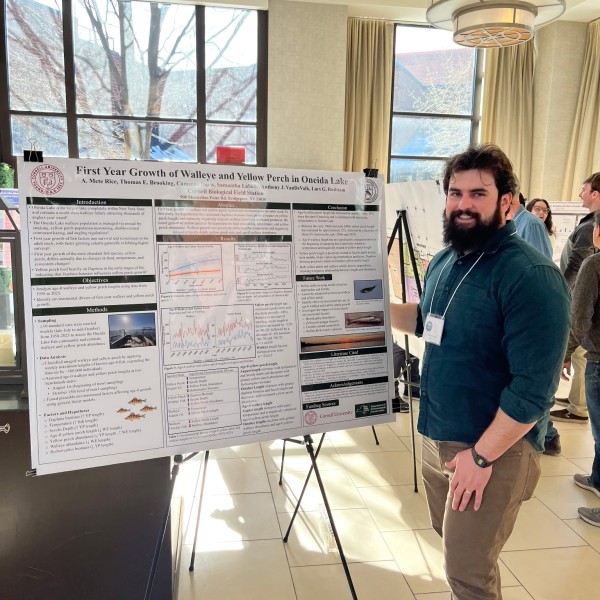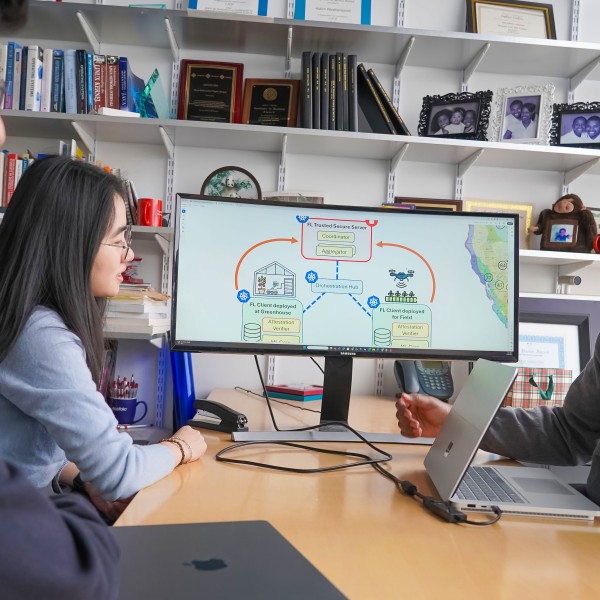Nidhi Jalan, who moved to Brooklyn from Calcutta 15 years ago, recognized a burgeoning interest in Indian food among her neighbors in the trendy food scene of Flatbush. But the process to create the food was overwhelming, especially for people with limited time.
To address that problem and help introduce the U.S. to homestyle Indian food, Jalan and her husband, Kapil Bawa, founded Masala Mama in 2013. The company now offers four all-natural Indian simmer sauces.
“Indian cooking involves more than 50 different spices. There are 10 different types of red chili alone, maybe more,” Jalan said. “Most people don’t want to buy 20 new spices to try out one or two recipes. They want something simple but that still has complex flavors.”
Jalan and Bawa started with spice blends, and found early success. They were accepted to Smorgasburg, an open-air food market in Brooklyn that attracts 20,000 to 30,000 visitors each week.
“We started making masala tacos, and the food was really popular, but people weren’t really interested in the spices; they wanted the sauce,” Bawa said. “That’s when we realized, we should be doing sauces. Because once you have the sauce right, you can add anything to it, meat or vegetables, and it’s very easy.”
“You literally can’t screw up,” Jalan added.







